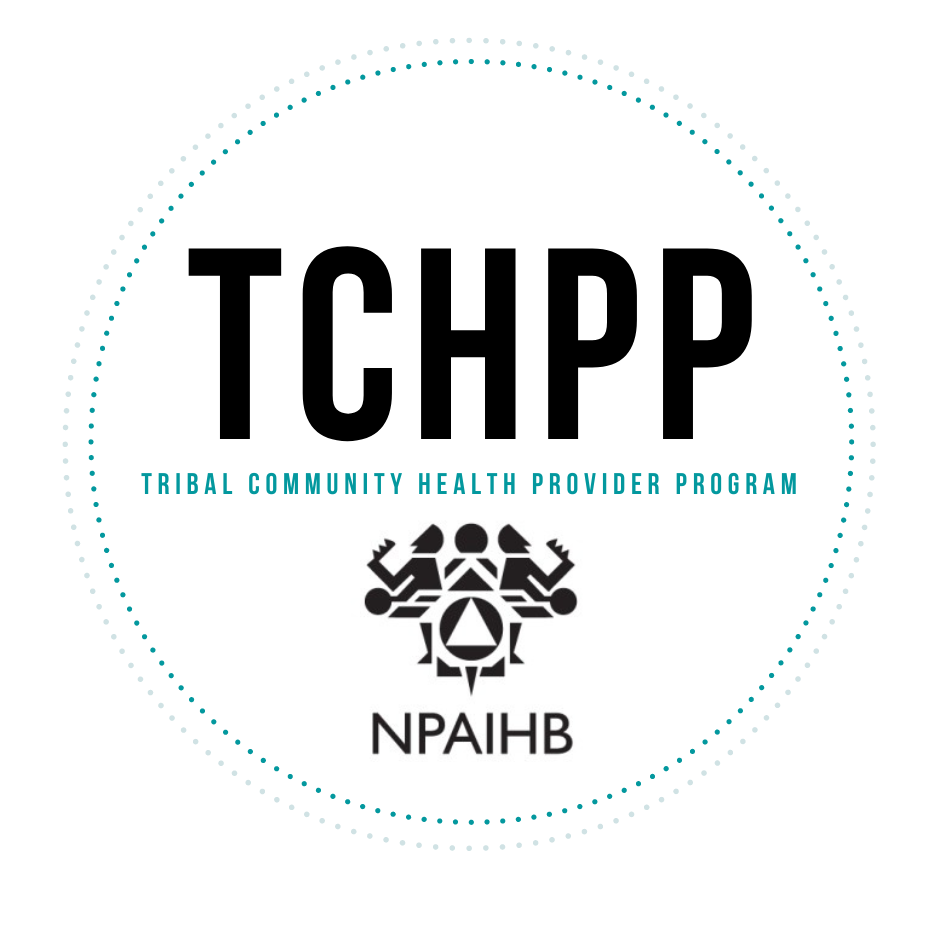Colville dental therapists lead way for innovative dental care during pandemic
Growing up on the Colville Reservation, my friends and family only visited the dentist for emergencies. Routine dental care, exams and cleanings weren’t practiced regularly. Many of my peers needed extractions for issues that could have been prevented by routine check-ups earlier in their lives.
After going through my own traumatic dental experience as a child, I decided that I wanted to make sure no one ever had to go through the same thing as me. The barriers were huge — when I was growing up none of the dentists I saw were from my tribe, and many of them only worked on the reservation for a limited time. This meant that we had a difficult time forming trusting relationships with dentists, which added to my community’s skepticism of outside doctors based on a long history of unequal treatment.
I became a dental assistant and deepened my understanding of how important it was for my tribe to get basic dental education. I wanted to find a way to do more for my tribe. I wanted to break down my people’s fear of the dentist by bringing care and oral health education with a familiar face.
That’s why I applied to a dental therapy program in Alaska. The program was designed to train people from areas with limited access to dental care to become dental therapists so they could return to their communities and provide that regular continued dental care.
Dental therapists are trained to perform routine dental services and can travel across rural areas to bring care to people. After I earned my degree, I moved back to the reservation and helped cut down month-long wait times for Colville members to get basic dental care. Utilizing a dental therapist helped increase access to care by 200 percent in one of the most rural locations at the heart of our reservation.
When the pandemic hit, my role became even more essential. Our clinic recognizes the risks and complications of seeking dental care in these pressing times. And as scary as COVID-19 is, we cannot forget how important it is to monitor our patient’s dental care.
We implemented extra safety precautions to keep patient and staff health at the highest priority. These measures include screening our patients, taking temperatures, utilizing UV air purifiers and providing staff with the appropriate personal protective equipment.
I feel lucky to be part of a tribe that supports innovative methods like dental therapy to make health care culturally competent, accessible and local.
I grew up in a family of firefighters. When the fires broke this season, I started thinking of all the firefighters and how important it is that they maintain good oral health care. If they experienced a hot tooth on the fire line, they would not be able to perform their duties at the highest capacity. I coordinated with Mount Tolman’s Fire management officer and my supervisor to arrange a dental screening day for all firefighters.
But I know that dental therapy could be doing so much more. Right now, dental therapists in Washington state are only allowed to practice in tribal settings. Six Washington tribes employ dental therapists, and studies by the University of Washington School of Dentistry show that dental therapy reduces emergency teeth extractions for kids and prevents tooth decay that leads to serious health problems.
By expanding dental therapists to be able to serve the entire state, we could educate and employ people from communities hit hard by COVID.
Washington state needs a community-focused workforce now more than ever. The good news is that tribes like Colville are showing how new methods can make dental care easier to access. Becoming a dental therapist brought healthy smiles to the people I grew up with. I hope my story is just the beginning of more accessible dental care across the state.
Arielle Cawston is a Colville tribal member and dental therapist at the Lake Roosevelt Community Health Center.
